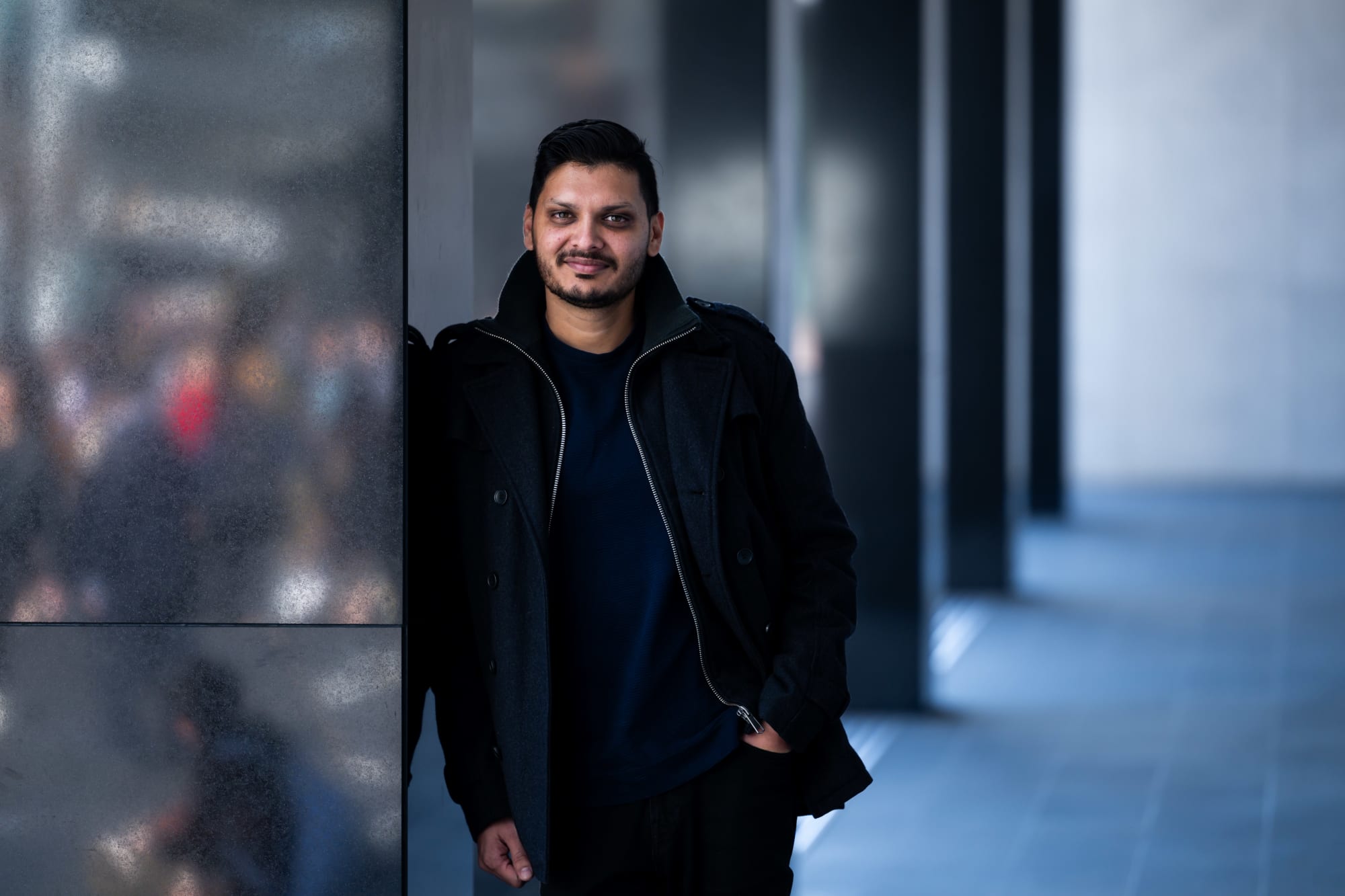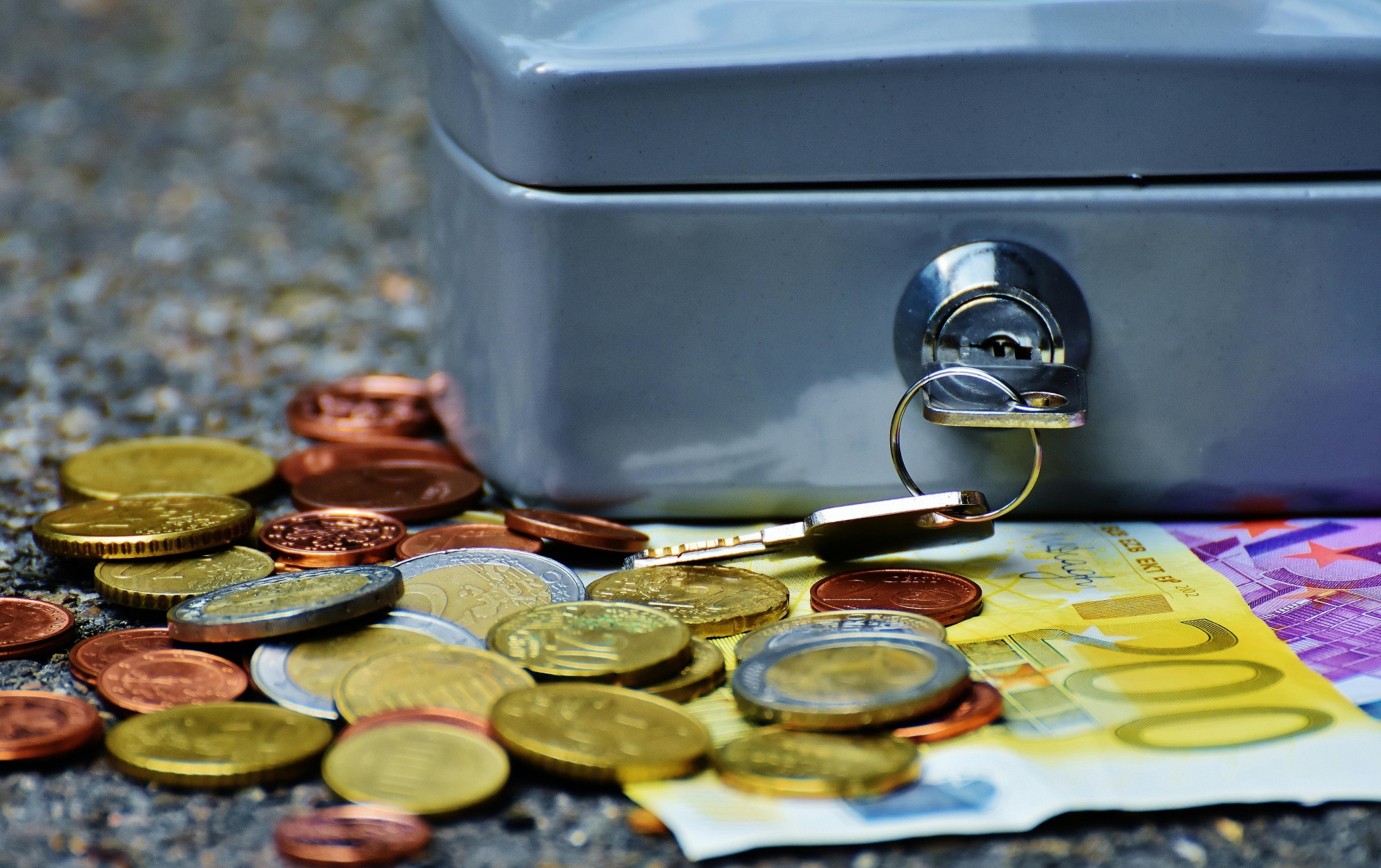Save
Got better about saving money during lockdown? Here’s how to hold on to the habit
Save
Got better about saving money during lockdown? Here’s how to hold on to the habit
Some Australians found lockdown an opportunity to get better about saving money, but holding on to those habits takes work.
Got better about saving money during lockdown? Here’s how to hold on to the habit
Some Australians found lockdown an opportunity to get better about saving money, but holding on to those habits takes work.

With Australia’s economy poised for reopening, it’s important that consumers don’t lose those good budgeting habits they picked up during the pandemic.
According to Schroders Global Investor Study 2021, 68 per cent of Australian investors are more focused on their finances now than they were before COVID-19.
“The pandemic seems likely to have a long-lasting effect on people’s finances, with many investors looking to save more for retirement and prioritise saving over spending,” Schroders Australia CEO Sam Hallinan said.
Speaking to nestegg, 86 400 CMO Travis Tyler said that the conditions of lockdown encouraged many Australians to shift from a spending mentality to one focused on saving money instead.

“We’ve seen more customers paying their loans down, saving a higher proportion of their regular pay and setting up regular savings plans,” he said.
Mr Tyler revealed that more consumers are reviewing their expenses to identify where extra savings can be found.
However, he warned that these gains are at risk of being offset by the rise of the convenience economy.
When it comes to online shopping, for example, Mr Tyler said that consumers are purchasing items like clothing in smaller amounts, but doing so more frequently.
These small-value, high-frequency purchases add up quickly, he warned.
“The challenge is to be disciplined, so these smaller amounts don’t add up to the previous, larger shopping sprees that we may save for, or mentally allow for each pay packet,” Mr Tyler said.
Wisr chief strategy officer Dr Lili Sussman said that those looking to make the most of their newfound saving habits should make paying down debt a priority.
She said that the fastest way to go about this is to contribute more than the minimum each month.
“However, you should always check the terms and conditions of paying your debt down faster, as some institutions have maximum repayment limits within certain periods and additional fees associated with paying it down faster,” she added.
To help with this, Dr Sussman emphasised the importance of getting on top of your spending habits.
“You may find some expenses like monthly subscriptions coming out of your account that you forgot about,” she said.
Once you’re done paying down debt, Dr Sussman recommended focusing on building up an emergency fund target. According to her, going specific is usually the way to go here.
“Setting specific and time-bound targets for your savings is the best way to slowly build up your emergency funds and will help you feel more financially secure overall,” she said.
Another long-term indicator of financial fitness to keep in mind is credit score.
Dr Sussman said that your credit score shouldn’t be overlooked when it comes to getting your finances in shape, as it may be used by credit providers to determine whether or how much money they can lend.
She warned that those who change their place of residence should be especially careful not to miss any final utility payments, as this can cost them.
Ultimately, Dr Sussman advocated for Australians to set financial milestones and goals when it comes to setting yourself up for the future because they create a structure and context around what you’re doing.
“It’s important to know that the things you do now can make a difference down the track,” she said.
About the author

About the author


How to budget
Help to Buy switches on in WA: What the shared‑equity rollout means for banks, brokers and builders
Western Australia has joined the federal Help to Buy program, flipping the switch on a new stream of first‑home demand. The shared‑equity model reshapes risk, margins and distribution for lenders and ...Read more

How to budget
Australia’s first-home buyer reset: how policy, rates and competition will shape the rebound
After a flat first half of 2025, first-home buyer (FHB) activity is set to lift—nudged by a five per cent deposit guarantee and the Reserve Bank’s first rate cut since 2020. But a rebound won’t be ...Read more

How to budget
Australians Seek Bargains to Stretch Christmas Budgets Amid Rising Costs
As the festive season approaches, Australians are preparing to spend more on Christmas gifts and festive feasts compared to previous years. However, despite larger budgets, many are still on the hunt ...Read more

How to budget
Australians grapple with stubborn cost of living in 2025
In a year marked by persistent financial strain, only a meagre 7% of Australians believe that the cost of living has improved, according to the 2025 Household Budget Barometer released by Compare the ...Read more

How to budget
How to take control amid rising electricity costs
Energy bills are increasing for almost nine in ten Australians, forcing many to think outside the box when it comes to keeping costs and electricity usage down. While some are resorting to showering ...Read more

How to budget
Aussies get savvy with energy hacks as costs surge
As energy costs continue to climb across Australia, a recent study commissioned by Zip Co (ASX: ZIP) reveals that 91% of Australians are actively seeking innovative ways to reduce their energy billsRead more

How to budget
The psychology behind saving: Understanding and overcoming common barriers
Saving money is a fundamental aspect of financial security, yet many people find it difficult to set aside a portion of their income regularly. Read more

How to budget
Smart saving tips for first home buyers in Australia
Purchasing your first home is a significant milestone, but the path to homeownership in Australia can seem daunting due to the high property prices and competitive market. However, with the right ...Read more

How to budget
Help to Buy switches on in WA: What the shared‑equity rollout means for banks, brokers and builders
Western Australia has joined the federal Help to Buy program, flipping the switch on a new stream of first‑home demand. The shared‑equity model reshapes risk, margins and distribution for lenders and ...Read more

How to budget
Australia’s first-home buyer reset: how policy, rates and competition will shape the rebound
After a flat first half of 2025, first-home buyer (FHB) activity is set to lift—nudged by a five per cent deposit guarantee and the Reserve Bank’s first rate cut since 2020. But a rebound won’t be ...Read more

How to budget
Australians Seek Bargains to Stretch Christmas Budgets Amid Rising Costs
As the festive season approaches, Australians are preparing to spend more on Christmas gifts and festive feasts compared to previous years. However, despite larger budgets, many are still on the hunt ...Read more

How to budget
Australians grapple with stubborn cost of living in 2025
In a year marked by persistent financial strain, only a meagre 7% of Australians believe that the cost of living has improved, according to the 2025 Household Budget Barometer released by Compare the ...Read more

How to budget
How to take control amid rising electricity costs
Energy bills are increasing for almost nine in ten Australians, forcing many to think outside the box when it comes to keeping costs and electricity usage down. While some are resorting to showering ...Read more

How to budget
Aussies get savvy with energy hacks as costs surge
As energy costs continue to climb across Australia, a recent study commissioned by Zip Co (ASX: ZIP) reveals that 91% of Australians are actively seeking innovative ways to reduce their energy billsRead more

How to budget
The psychology behind saving: Understanding and overcoming common barriers
Saving money is a fundamental aspect of financial security, yet many people find it difficult to set aside a portion of their income regularly. Read more

How to budget
Smart saving tips for first home buyers in Australia
Purchasing your first home is a significant milestone, but the path to homeownership in Australia can seem daunting due to the high property prices and competitive market. However, with the right ...Read more













